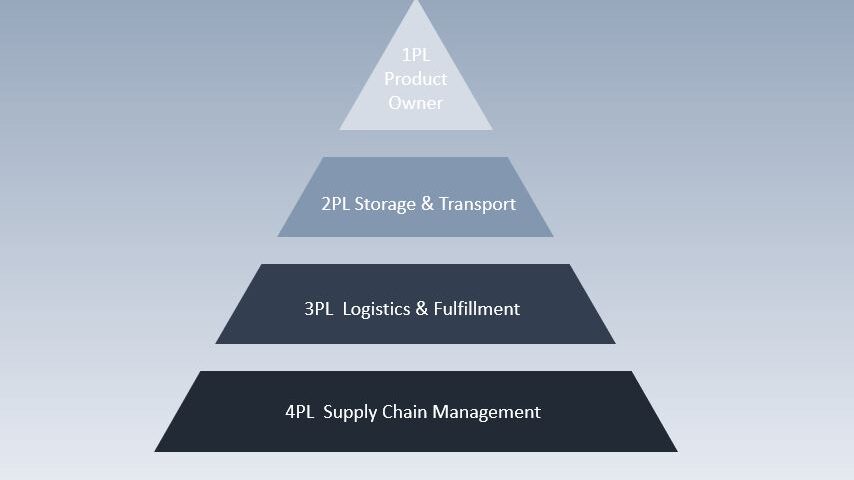Unleashing the Power of 4PL Warehousing: A Paradigm Shift in Logistics

In the ever-changing landscape of supply chain management, companies are constantly seeking innovative solutions to optimize their operations and stay ahead of the competition. A concept that has gained traction in recent years is the emergence of 4PL (Fourth Party Logistics) warehouses. Unlike traditional logistics providers, 4PL warehouses transcend the boundaries of mere storage and transportation, offering a comprehensive suite of services to streamline and enhance the entire supply chain. In this blog, we will delve into the benefits that companies can reap by embracing the 4PL warehouse model.

- Holistic Supply Chain Management: At the core of 4PL warehousing is the integration of various logistics functions into a single, cohesive unit. This holistic approach enables businesses to manage their entire supply chain from procurement to distribution seamlessly. By consolidating activities such as inventory management, order fulfillment, and transportation under one umbrella, companies can achieve greater visibility and control over their operations.
- Strategic Focus on Core Competencies: Partnering with a 4PL warehouse allows companies to offload the complexities of logistics management, enabling them to redirect resources and energy towards their core competencies. This strategic shift enhances overall business efficiency and agility, empowering organizations to respond more effectively to market dynamics and customer demands.
- Flexibility and Scalability: One of the standout features of 4PL warehousing is its inherent flexibility. These providers are adept at adapting to changes in demand, market conditions, and business strategies. As companies expand or reconfigure their supply chains, 4PL partners can easily scale their services accordingly, providing a level of adaptability that is crucial in today’s rapidly evolving business environment.
- Advanced Technology Integration: 4PL warehouses leverage cutting-edge technologies such as IoT (Internet of Things), AI (Artificial Intelligence), and advanced analytics to optimize warehouse operations. Real-time tracking of shipments, predictive analytics for demand forecasting, and automation of routine tasks contribute to increased efficiency, reduced errors, and enhanced overall performance.
- Cost Efficiency: While some may perceive 4PL services as an additional cost, in reality, they often lead to significant cost savings. By outsourcing logistics functions to a specialized provider, companies can benefit from economies of scale, shared resources, and optimized processes. This can result in lower operational costs and improved profitability.
- Risk Mitigation and Compliance: 4PL providers are equipped to navigate the complexities of regulatory compliance and risk management. By staying abreast of changing regulations and industry standards, these experts can help companies navigate potential pitfalls, ensuring that supply chain disruptions are minimized and legal compliance is maintained.
- Enhanced Customer Satisfaction: The ultimate goal of any supply chain is to meet customer expectations. 4PL warehousing, with its emphasis on streamlined operations, accurate order fulfillment, and timely deliveries, contributes to an improved customer experience. Satisfied customers not only lead to repeat business but also play a crucial role in building a positive brand reputation.
The benefits of employing a 4PL model extend beyond cost savings, encompassing strategic advantages, technological advancements, and improved customer satisfaction. As businesses continue to navigate the complexities of a globalized marketplace, the role of 4PL warehousing is set to become increasingly pivotal in shaping the future of supply chain management.
